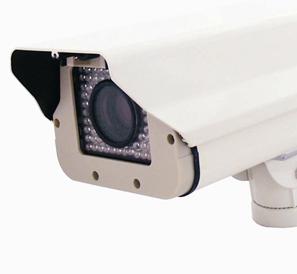
Four Common Mistakes When Buying Access Controllers
Misunderstanding 1: Imported Access Controllers Are Always Better
While imported access controllers are often praised for their stability and maturity, they come with a high price tag. Additionally, due to geographical limitations, service response times may be slow, and maintenance costs can be expensive. Cultural differences also play a role—foreign manufacturers often design systems based on their own needs, which may not align with local requirements in China. As a result, many features may not be relevant or practical for Chinese users. On the other hand, some domestic manufacturers have limited production capabilities and lack proven track records. Some even resort to deceptive marketing by falsely claiming their products are made abroad. It’s important for project managers to conduct thorough research before making a decision.
Misunderstanding 2: The More Compatible Readers, the Better
Some controllers claim compatibility with various reader formats, such as 485, WIEC, and Wiegand 3740. However, this is often unnecessary. These formats may have local advantages but do not conform to international standards. This can lead to issues during system upgrades, expansion, and interference problems. We recommend using readers that follow the Wiegand 26-bit standard, which is widely accepted by most imported controllers. Choosing a standardized solution ensures long-term reliability and easier integration.
Misunderstanding 3: The More Features, the Better
Many domestic controllers promote themselves with an extensive list of functions, but not all of them are necessary. In reality, the key to effective access control is stability and ease of use. Overloading a system with unnecessary features can complicate operations and increase training and maintenance costs. Instead, we suggest focusing on essential functions that meet the user's real needs. Only add extra features when they are truly required, allowing users more freedom and reducing overall complexity.
Misunderstanding 4: The Higher the Price, the Better
A good product is one that offers value for money, not just high cost. Expensive controllers may be overpriced due to low production volumes or heavy advertising budgets, not necessarily because they deliver superior performance. On the flip side, cheaper options might sacrifice quality, using inferior components or outdated chips to cut costs. Contractors should carefully evaluate the performance-to-price ratio of each product before making a purchase. A balanced approach ensures both reliability and cost efficiency in the long run.
LINYI JIUHENG IMPORT AND EXPORT CO.,LTD , https://www.jiuhengwood.com